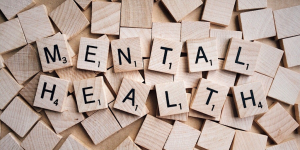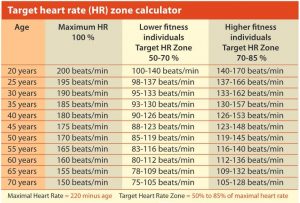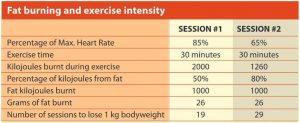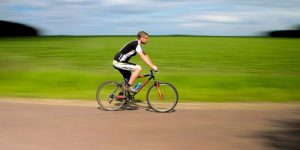Knowledge Centre
Search the library of resources and FAQs to help answer any fatigue questions or ask an expert any specific question you may have relating to the prevention and treatment of workplace or personal fatigue risks.
Topics
Intro to Fatigue
Develop a basic awareness of all the factors influencing an individuals risk of fatigue.
Sleep
Develop a basic awareness of all the factors influencing an individuals risk of fatigue.
Exercise
Develop a basic awareness of all the factors influencing an individuals risk of fatigue.
Mental Health
Develop a basic awareness of all the factors influencing an individuals risk of fatigue.
Nutrition
Develop a basic awareness of all the factors influencing an individuals risk of fatigue.
Journey Management
Develop a basic awareness of all the factors influencing an individuals risk of fatigue.
Family
Develop a basic awareness of all the factors influencing an individuals risk of fatigue.
FAQs
Develop a basic awareness of all the factors influencing an individuals risk of fatigue.
You currently don't have access to the full Knowledge Centre, Ask An Expert and Frequently Asked Questions. To access these features sign up today
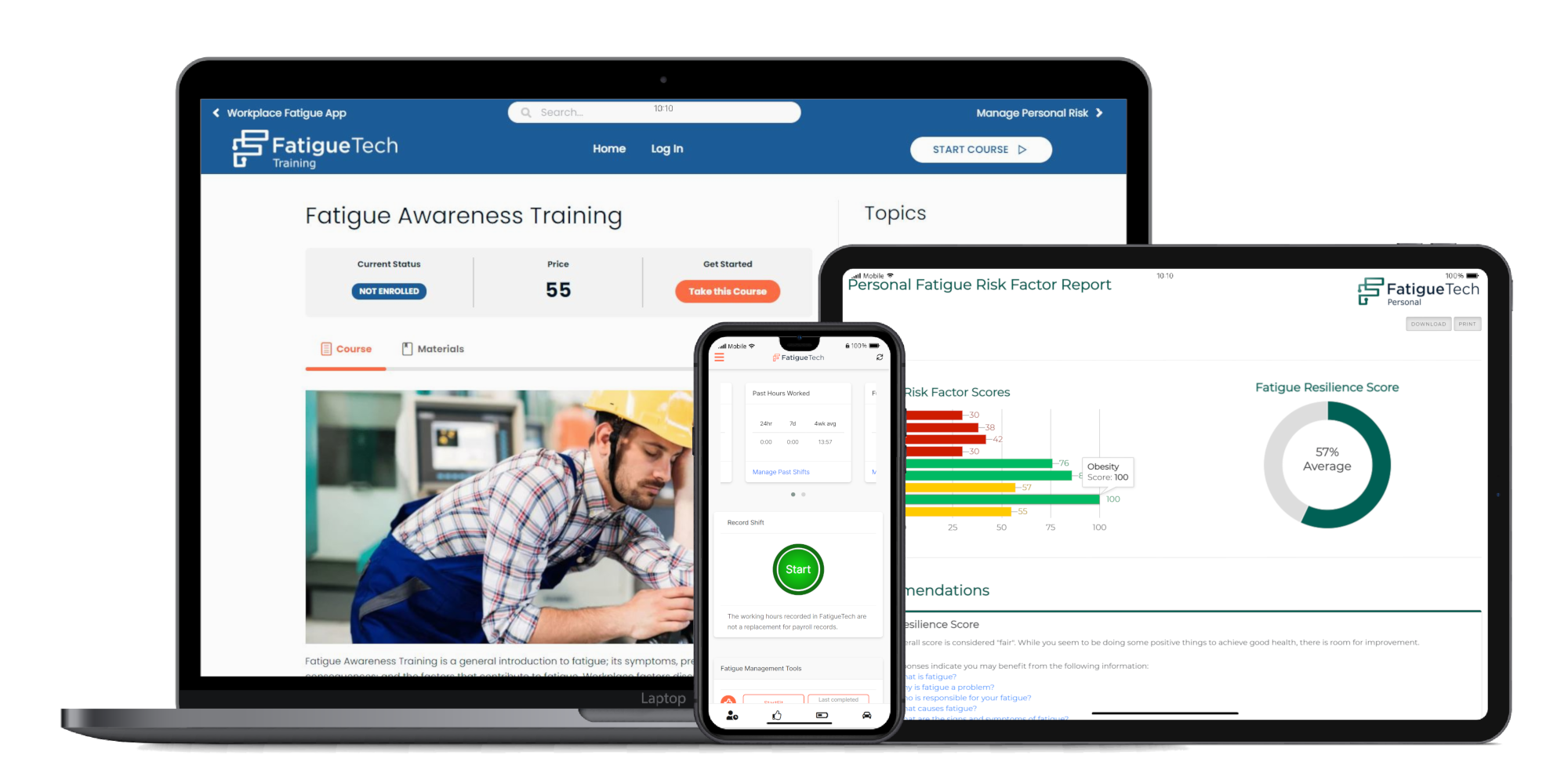
Become a member
To gain access to the FatigueTech suite of products and services click Sign Up to begin your journey.
All fatigue resources
Managing mental health with your lifestyle
A healthy lifestyle is paramount for the treatment and prevention of mood disorders. Healthy lifestyle includes a combination of healthy eating, regular exercise and reduced alcohol consumption. Lifestyle changes help to relieve the symptoms and may even prevent mood disorders. Exercise The therapeutic benefits of exercise include boosting confidence and self-esteem, relieving muscular tension, promoting……
Read MoreTop tips for management mental health
Putting it all together Depression, anxiety and stress are major risk factors of fatigue. The good news is that they are all treatable conditions and many people overcome mood disorders through proactive management. However, there is no quick fix. Treatment of mood disorders often takes time and includes a combination of techniques to manage the……
Read MoreMealing timing and fatigue
Our bodies perform best when given a regular supply of food throughout the day rather than one large meal. This means that to start maximising your energy you need to have a good think about when you eat your meals, and how much you have. Once you find a good pattern of eating you will……
Read MoreMeal type and fatigue
It is often promoted that foods high in carbohydrate make you drowsy because they increase the uptake of the amino acid tryptophan by the brain. Tryptophan is a chemical that can work together with another important brain chemical called serotonin, to help promote a calming effect and sleepiness. Foods rich in protein, however, increase production……
Read MoreHydration
Your body needs adequate fluid and electrolytes in order to have any chance of feeling energised. If these needs are not met, then physical and mental fatigue will increase, as will the potential for incidents, accidents and health problems. Hot weather, particularly when or working or being physically active, in the heat puts greater demands……
Read MoreHow does alcohol affect sleep
Alcohol is a depressant that slows the nervous system down. It impacts on the quality of the naturally occurring sleep cycles, and can increase sleep disturbance. Some people will say, “alcohol helps them sleep.” This is true to a point! But it is also counter-productive. The figure below illustrates how alcohol affects sleep (red line).……
Read MoreHow does caffeine affect sleep
Caffeine stimulates the central nervous system and can artificially stimulate your senses, which makes you more alert. Peak alertness levels are generally reached 30-60 minutes after consumption. If too much is consumed, or it is consumed too close to bedtime, it can interfere with your ability to sleep by keeping you awake and disrupting naturally……
Read MoreAre you exercising hard enough?
A word of caution.If you have been inactive for a while, you may want to start with less strenuous activities such as walking or swimming at a comfortable pace. Beginning at a slow pace will allow you to become physically fit without straining your body. Once you are in better shape, you can gradually do……
Read MoreHow hard do I need to exercise to burn fat?
This is probably one of the most common questions people ask about exercise and weight loss; and the most poorly understood. The answer to this question comes down to the intensity and time you spend exercising. We burn two fuels simultaneously, carbohydrate and fat. However, the proportion of each that we burn varies depending on……
Read MoreShould burning fat kilojoules be my goal?
NO – burning energy whatever its source should be the major goal of exercise when trying to lose body fat. The reason is that 37,000 kilojoules of energy equals one kilogram of fat. So if we eat an extra 37,000 kilojoules in a week we would gain a kilogram and if we eat 37,000 fewer……
Read MoreExercise and physical activity. How to finding the balance
Active living is a way of life in which physical activity and exercise are valued and integrated into daily life in a fun and enjoyable way. In other words, seeing physical activity as an opportunity not a chore. Remember being busy does not necessarily mean that you are active! Physical activity is any body movement……
Read MoreWhat type of exercise should you do?
When you are planning activity you don’t have to choose one activity. Think outside the square. The only limit to Active Living is safety. There are three types of training that will improve physical and functional fitness: aerobic, strengthening and stretching. Aerobic activities Aerobic exercise is any extended activity that makes you breathe hard while……
Read More

